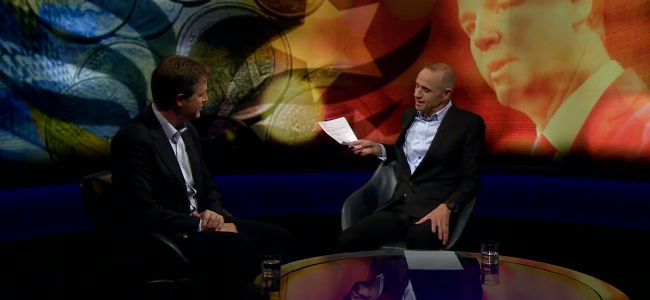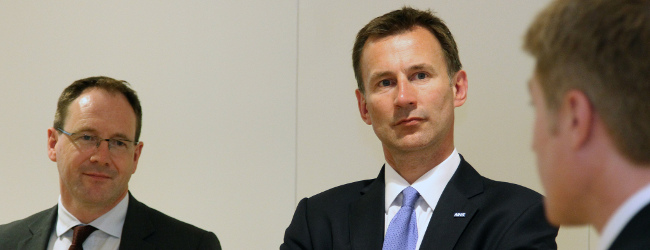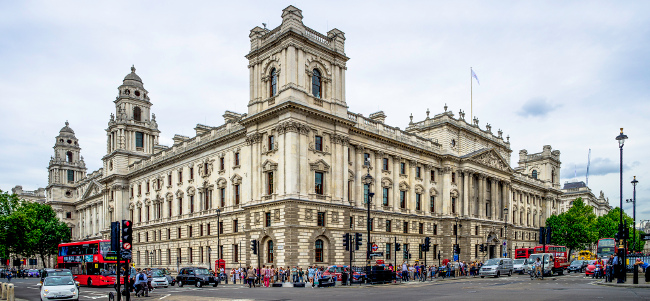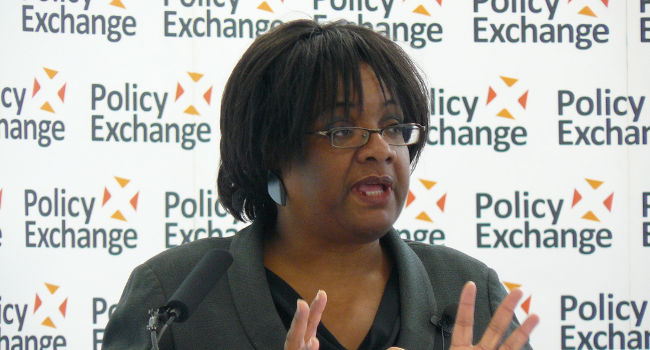The former leader of the Liberal Democrats has been mostly quiet in the wake of his humbling general election defeat in May, happy to let Tim Farron steer what remains of William Gladstone’s party.
Yet Nick Clegg’s appearance on Newsnight this Tuesday showed the politician and former Eurocrat mulling on Britain’s future with Europe, in a rather mild manner for someone who fears the country may be about to make a grave mistake.
“I think the psychological, almost emotional circumstances in which the United Kingdom joined the then European Community were in many ways less emotive than say – if you were the founding member states Germany, France, and so on – peace over war.”
It is a favoured trope of British political commentary that we do not really do ideology, instead preferring to keep our heads down and stick to bean-counting, which many believe will have to be reflected on both sides of the referendum if they want to catch vacillating voters.
The “shrug of the shoulders” that Clegg refers to is also consistent with Britain’s historic commitment to constitutional fudge, as evinced in the lack of a central written constitution, the uneven devolution in the regions and many of the conventions that guide parliamentary life.
He never entirely answers the question of whether Britons feel closer to the Yanks than other Europeans, though there may be something telling in his description of “our cousins in America” – “our cousins in Europe” does not quite convince.
Though Clegg may well be right that leaving the EU could salt our diplomatic relationship with the Americans, it seems unlikely that Britons will ever think of themselves as “European” in the cultural sense implied when it is listed alongside “British” or “English”.
As such it means a vote to stay in the EU probably means a vote to stay in the second tier of the club, outside an increasingly unified eurozone. Whether that is a better option than leaving altogether will be the key question come the referendum.
Image Credit – Nick Clegg and Evan Davis, October 2015, screencap from Newsnight




